Walking in the snowy wonderland with your furry friend can be an exhilarating experience.
However, it’s vital to ensure that both you and your canine companion are well-prepared for the chilly adventure.
Here’s a comprehensive guide to making your snowy strolls with your dog both safe and enjoyable.
Ensuring Warmth and Comfort: The Importance of Dog Coats
1. Understanding the Need for Dog Coats in Snowy Weather

Despite their natural fur, dogs can feel the cold just like us, especially in snowy conditions.
A good-quality dog coat is more than just a cute accessory – it’s essential for your dog’s warmth and comfort.
Before stepping out into the snow, make sure your dog is snugly wrapped in a coat that suits their needs.
For a wide range of options, consider checking out popular sites like Amazon, L.L.Bean, and Chillydogs.ca.
Don’t forget to read our detailed guide on choosing the perfect winter coat for your dog.
Paw Protection: Preventing Frostbite and Irritation
2. The Significance of Proper Paw Protection in Snow
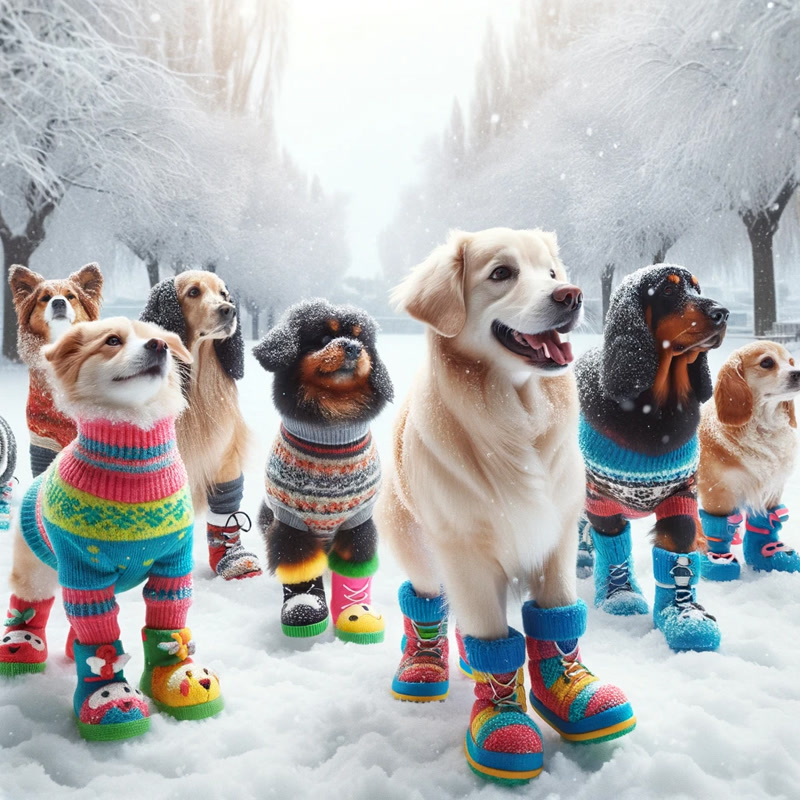
The pads of your dog’s feet aren’t naturally designed to withstand the harshness of cold snow and ice.
Imagine walking in the snow barefoot – not pleasant, right? Your dog’s paws are at risk of frostbite and irritation from snow and ice.
For quick outdoor trips, always check and clean their paws afterward.
For longer walks, consider getting your dog accustomed to wearing booties.
They might look amusing, but they’re crucial for paw protection.
Explore various options for dog booties to find the right fit.
Hazardous Ground Coverings: Salt, Sand, and Chemicals
3. Protecting Your Dog from Harmful Substances on the Ground

In winter, sidewalks and roads are often covered with salt and sand, which may contain harmful chemicals like antifreeze.
These substances can cling to your dog’s paws, leading to abrasions and potential ingestion when they lick their paws.
If you’re not ready to invest in booties, consider a protective alternative like Musher’s Secret, a wax applied to the pads and toes of your dog’s paws for safe outdoor adventures.
Hydration: Keeping Your Dog Hydrated in Cold Weather
4. The Importance of Hydration During Winter Walks
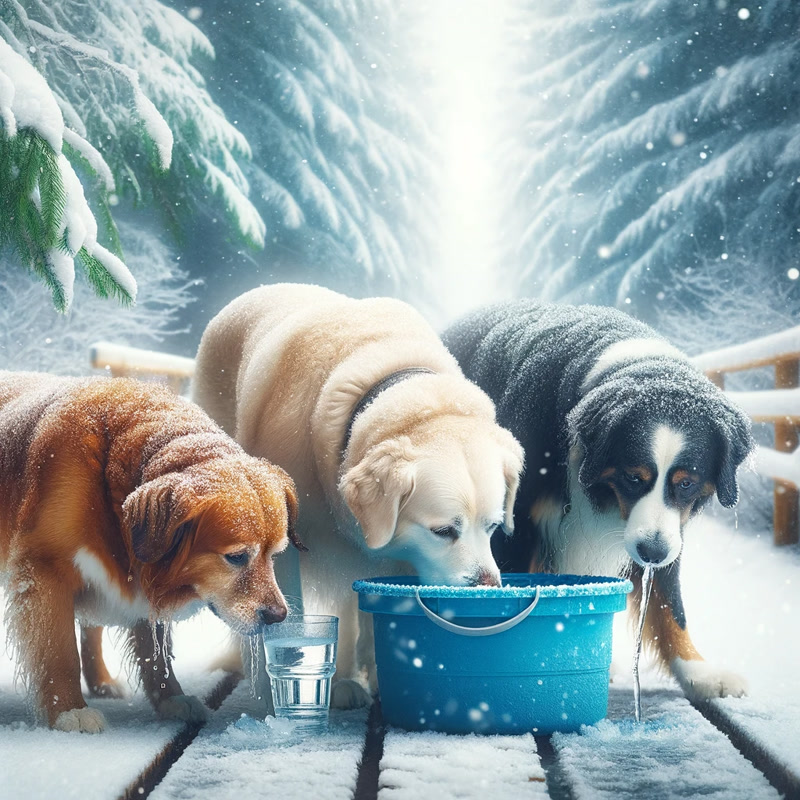
Hydration remains as crucial in winter as it is in warmer months.
During long walks in the snow, ensure that your dog has access to clean water.
Dehydration can be a serious risk even in colder temperatures.
Safety Measures: The Necessity of Leashes in Snow
5. Why Leashing Your Dog in Snowy Conditions is Essential
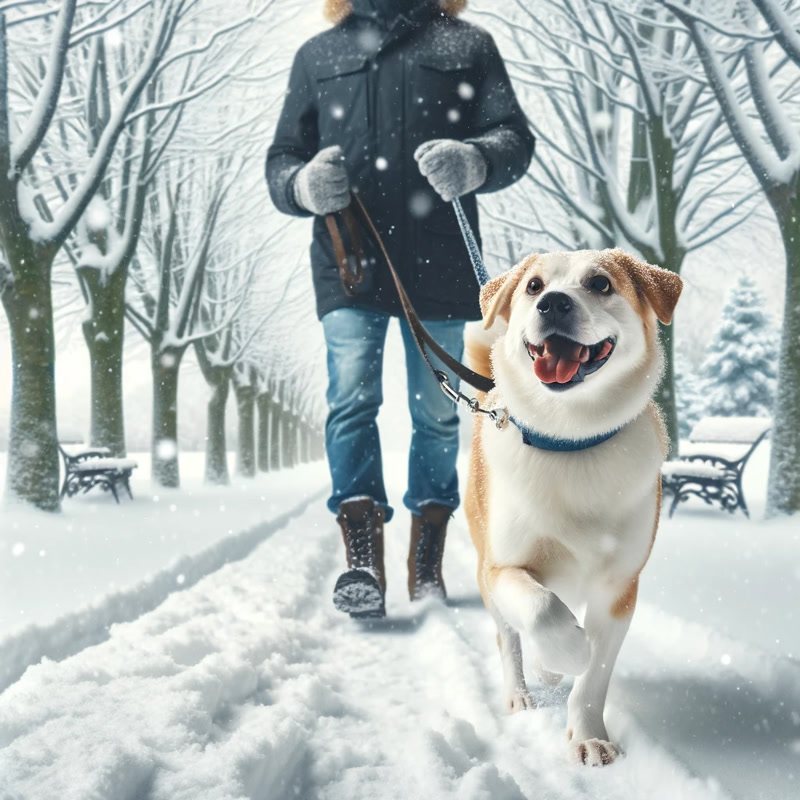
While it’s tempting to let your dog roam free in the snowy landscape, safety should always be a priority.
Snow can disguise hazards like deep patches or icy ponds.
Keeping your dog on a leash prevents potential accidents and ensures both of you enjoy a safe walk.
Enjoying Winter Walks: A Summary of Snowy Adventures with Your Dog
In conclusion, walking with your dog in winter can be a delightful experience with the right precautions.
Remember, if an activity or condition isn’t safe or comfortable for you, it likely isn’t for your dog either.
By following these tips, you can ensure that your snowy adventures with your furry friend are enjoyable and safe for both of you.



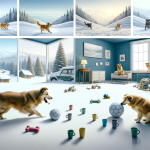


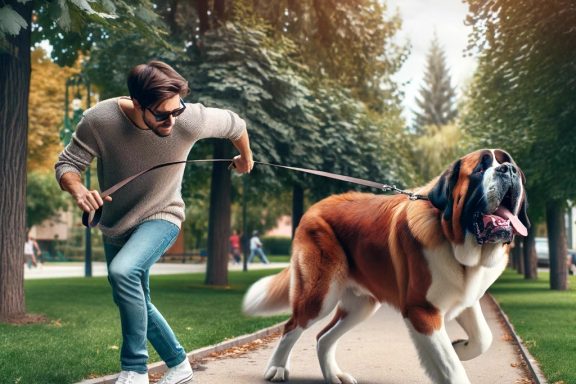
No Comments